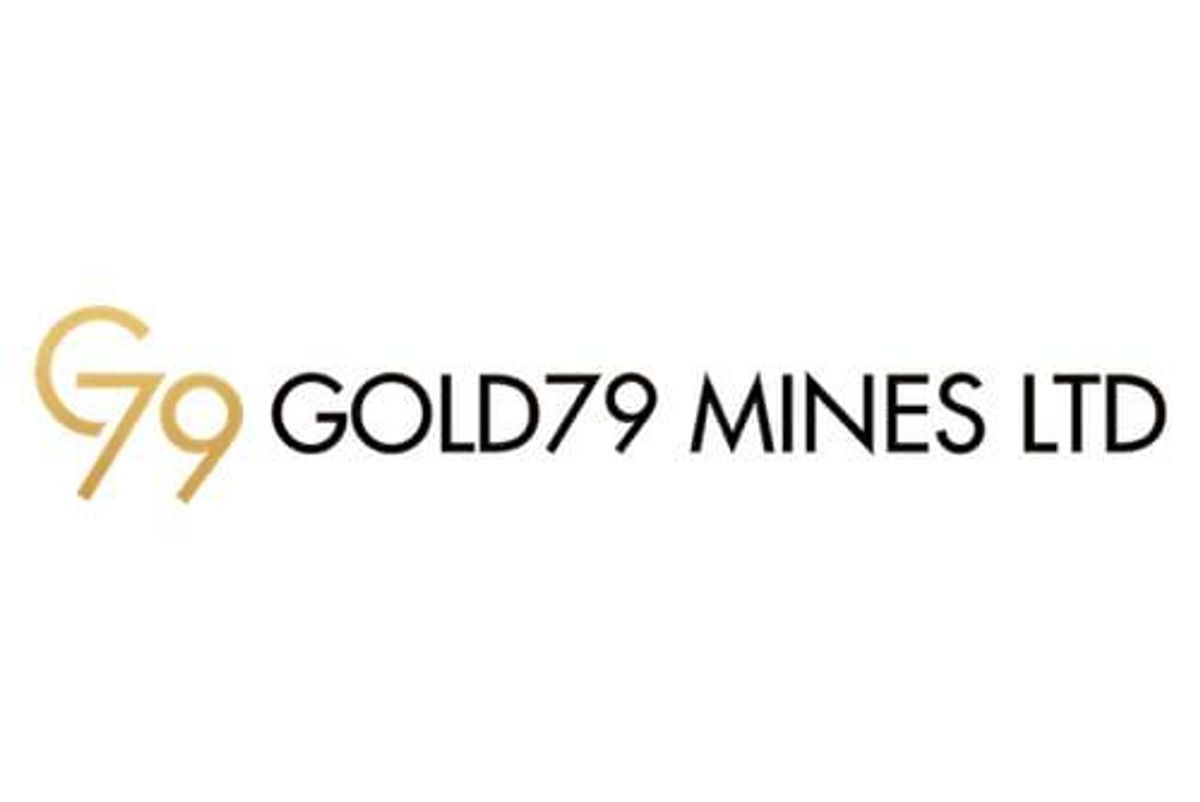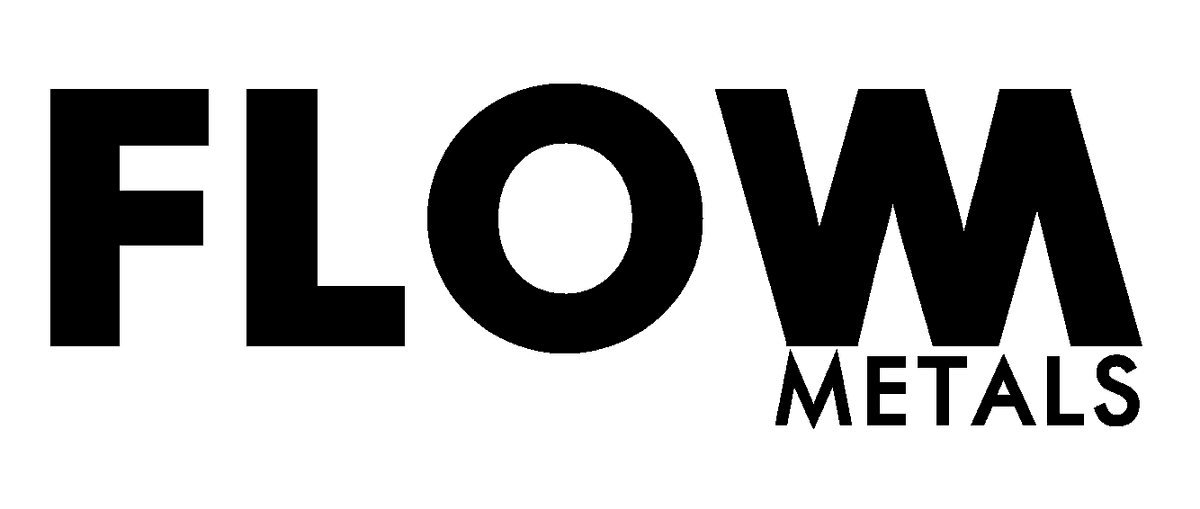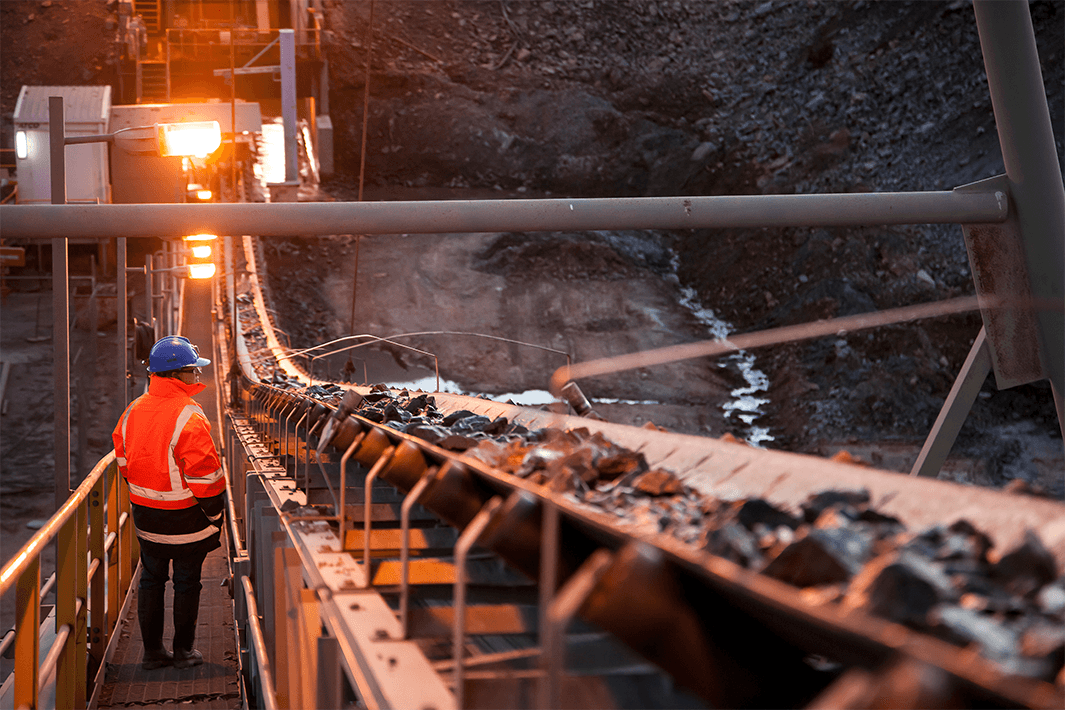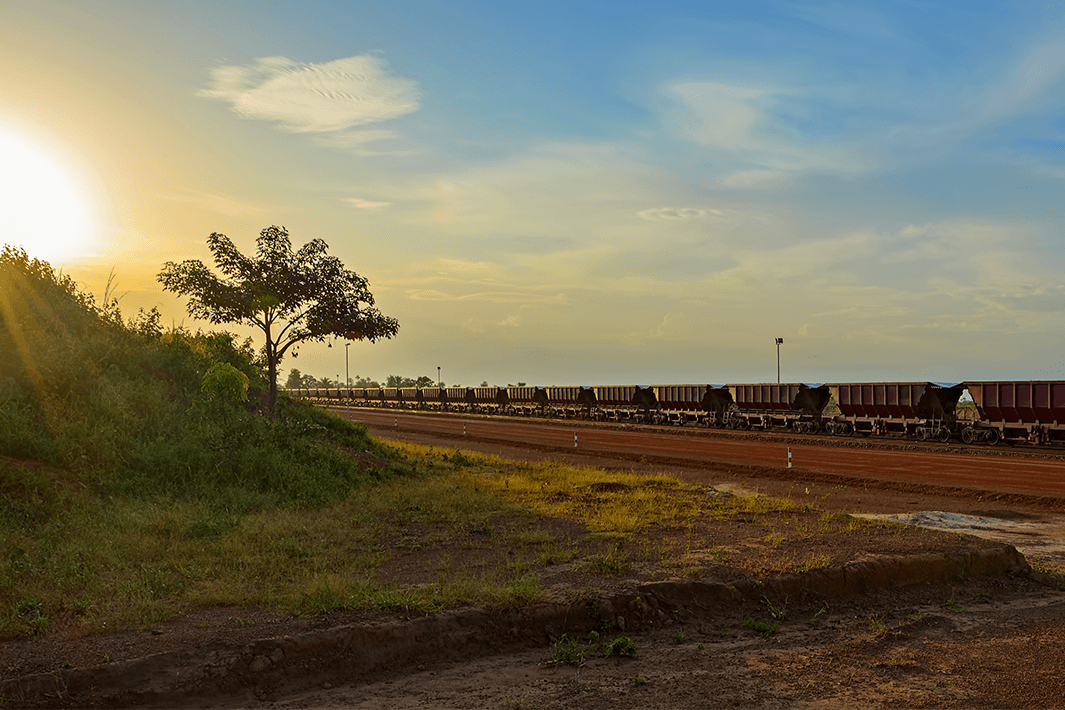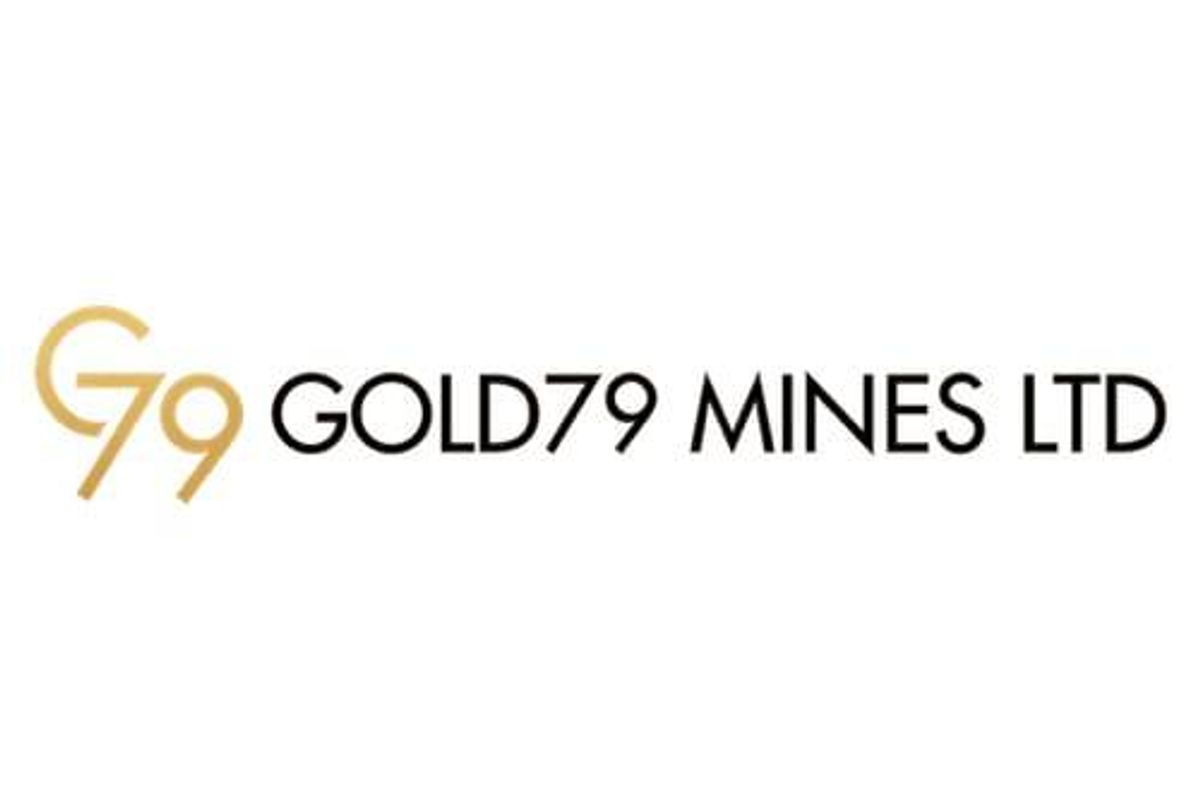
Gold79 Mines Ltd. (TSXV: AUU) ("Gold79" or the "Company") is pleased to announce that based on the positive results from initial mapping and sampling in 2021, the Company has again significantly expanded its land package with the staking of 171 new claims. The Gold Chain project now consists of 361 Bureau of Land Management claims covering approximately 2,800 hectares and five patented claims covering 37.9 hectares (Figure 1).
Highlights from the 417 samples reported in this release include:
- 25.47 g/t Au on the Sheep Trail Ledge near the Banner Mine;
- 8.78 g/t Au on the Red Hill Ledge at the Banner Mine;
- 18.4 g/t Au in the Sugarloaf Peak area;
- 11.47 g/t Au on the Sunset Vein ; and,
- 0.725 g/t Au from the Frisco Mine Trend
Mr. Derek Macpherson, President & CEO, stated, "The mapping and sampling completed in 2021 continues to suggest that the scale of mineralization is much larger than previously thought, as such, the Company moved aggressively to double its land position in the North Oatman District. Gold79 now controls approximately 12km of altered and mineralized rocks in this trend, coupling scale potential with solid historical exploration results."
Mr. Macpherson continued, "We have seen increased exploration and staking activity in the region. We believe recent exploration success by other companies operating in the area has resulted in a staking rush across the wider Oatman District. Our aggressive staking has allowed us to establish one of the largest land positions in the region."
Mr. Macpherson also noted, "The combination of our recent field success and historical drill results, has the Company ready to start its first drill program in more than two years. This summer, we plan to follow-up on historical drilling and complete a maiden drill program at the Banner Mine."
Figure 1. View of the Gold Chain Property As it Has Evolved with Initial Sampling Results
To view an enhanced version of Figure 1, please visit:
https://orders.newsfilecorp.com/files/5717/88245_picture1.png
Field studies were initiated in the Fall of 2020 and focused on Gold Chain Hill, Black Dyke and the Roadside Mine, all prospects with historically identified gold mineralization (1980s). This work identified a close spatial relation between gold mineralization and rhyolite dikes which prompted recon-type activities to the east from the Roadside mine. Early conclusions drawn from this preliminary regional work is that gold-bearing veins, breccia and stockwork from mines and prospects between the Katherine and Sugarloaf Mtn./Philadelphia Project (Figure 1; ~12 km) reveal striking similarities including gold/silver ratios, mineralogy, vein textures, wall rock alteration and proximity to rhyolite dikes. Additional geologic comparison to the Moss Mine, ~15km south (Figure 2) and the Oatman district, an additional several kilometers to the southeast, suggests that the Katherine district is the northern extent of the Oatman district, and this roughly defined chain of gold occurrence is heretofore referred to as the North Oatman Trend.

Figure 2. Location of the Gold Chain project, with internal prospects, and the expanded land position relative to surrounding competitor activities.
To view an enhanced version of Figure 2, please visit:
https://orders.newsfilecorp.com/files/5717/88245_picture2.png
This new work has identified two extensive, and distinct, geologic environments hosting gold mineralization.
North Oatman Trend - This trend is defined by a rhyolite dike complex which can be traced from the Katherine mine to the Arabian mine (Philadelphia Project, Arizona Silver), both historic gold producers, over a distance of about 10 kilometers (Figure 2); the dike complex is up to several hundred meters wide and dips moderately to the south-southwest.
Frisco Graben Trend - This northwest-trending graben is defined by two, sub-parallel normal faults which outline an area measuring 6 kilometers of strike and up to 1.7 kilometers wide. The southeast extension of the graben hosts the Frisco mine (Figure 2; Frisco Gold). Recon sampling has identified weak gold-in-rock anomalies in the southeast portion near the Frisco mine. The graben is dominated by quartz-clay-hematite alteration of the volcanics and likely well above the precious-metal horizon, suggesting gold mineralization may increase with depth.
North Oatman Trend
The North Oatman trend gold mineralization, in quartz-calcite-adularia-fluorite veins and veinlets, is spatially associated with the rhyolite dike complex for about 10km (Figure 2). At least two dominant controls on gold have been identified and fit within a 'trans-tensional' structural regime: Type A. Parallel to the rhyolite dike complex at the footwall contact with the Precambrian granite and internally between distinct phases of the dike complex; and, Type B, transverse structures (north-trending) which host discrete veins, i.e. Sunset and Banner veins. Controls A and B are distinct with Type A related to right-lateral strike slip movement and Type B are "normal" faults. In other words, these rocks were fractured at roughly the same time and had access to the same fluids. The main difference is that the Type A are narrow, discontinuous veins (pinch and swell) contained in broader envelopes of broken or 'damaged' rock filled by gold-bearing veinlets or 'stockwork' zones, i.e. Northern Vertex's Moss mine while Type B controls result in more continuous, discrete veins and breccias formed in an extensional environment, i.e. Oatman district.
Banner Mine Area - Type A target
The Banner mine (Figure 3) is located along the North Oatman Trend about 2 km east of the Roadside mine where historical drilling is highlighted by 39.6m at 0.72 g/t Au. The mine sits a few hundred meters higher in elevation where the rhyolite dike complex has been pervasively silicified and altered and invaded by several faults parallel to the Precambrian contact. The mine was developed on the Red Hill Ledge, a broad mineralized fault breccia, and an inclined shaft was sunken to a depth of 450 feet with limited development on the 250-foot level. The mine is not accessible but initial sampling at the shaft's collar has resulted in 4 meters of 1.23 g/t Au and 1.0 m of 8.78 g/t Au within a broad zone, up to 20 meters thick, of quartz-calcite epithermal mineralization. This zone can be traced for over 500 meters to the west toward the Roadside mine. The Banner Mine was developed circa 1918 but very limited information on the mine is available.

Figure 3: Preliminary geologic map of the Banner Block showing the Banner Mine, Red Hill Ledge, Sunset Vein and initial sampling results.
To view an enhanced version of Figure 3, please visit:
https://orders.newsfilecorp.com/files/5717/88245_picture3.png
Sunset Vein - Type B target
This vein (Figure 3) intersects the Red Hill Ledge at the Banner mine and can be followed to the south for 700 meters as a broad, up to 50 meters, steeply dipping complex of quartz-calcite veins, breccia and stockwork. A broad zone of chalcedony veining has developed at the intersection with a footwall split, the East Sunset vein (Figure 3). Most of the quartz veining is composed of chalcedony with low gold values. The surface expression of this vein suggests that it is the upper level of an epithermal system; sampling of mine dumps from a shaft on the vein returned 11.47 g/t Au.
Robert Johansing, VP of Exploration, stated "The Sunset vein is hosted by a distinct structural environment and clearly more extensional owing to the pronounced widths of the vein breccia and adjacent veinlets. This outstanding vein exposure sits in the hanging wall of the Red Hill Ledge. The intersection of these perpendicular trends provides Gold 79 with a very attractive target".
Gold Chain Hill, Black Dyke and Roadside Mines - Type A targets (Figures 4 thru 6)
These targets were the focus of much of the historic drilling in the 1980s and 1990s. Recent work has identified a close spatial relation with rhyolite dikes where gold mineralization is hosted by quartz stockwork in silicified rhyolite (Gold Chain Hill and Roadside mine) and extensive vein breccia bodies (Black Dyke mine) adjacent to a rhyolite dike and/or flow dome complex. In all three prospects, gold mineralization occurs in surface exposures and historic drilling suggests that it continues to depth. Historical geologic models utilized low-angle detachment faults as a control versus steeper dike contacts employed in this work. All exposures are isolated 'inselbergs' within broad aprons of alluvial material.
Figure 4: Geologic map of the Gold Chain Hill area showing a north-dipping stockwork zone beneath alluvial cover.
To view an enhanced version of Figure 4, please visit:
https://orders.newsfilecorp.com/files/5717/88245_picture4.png
Figure 5: Geology of the Black Dyke vein breccia developed on a south-dipping fault adjacent to an altered dacite/rhyolite intrusive complex.
To view an enhanced version of Figure 5, please visit:
https://orders.newsfilecorp.com/files/5717/88245_picture5.png
Figure 6. Geology of the Roadside Mine area showing historic and proposed drill holes across the Precambrian - rhyolite dike complex.
To view an enhanced version of Figure 6, please visit:
https://orders.newsfilecorp.com/files/5717/88245_picture6.png
Hyperspectral Survey Results
Gold79 contracted Ethos Geological to use its machine learning and advanced statistical methods to analyze data captured by satellite multispectral resources. This work proceeded in four phases:
- selection and assimilation of the available satellite multispectral data;
- classification of the minerals using over 2100 available mineral spectra;
- factor analysis of the minerals; and
- insight into the alteration families for the purpose of identifying hydrothermal activity and predicting gold deposition and/or prospective mineral trends.
Figure 7. Hyperspectral survey results over the Gold Chain project (Factor 10) showing positive correlation between, among others, the following: thuringite; montmorillonite; pyrolusite; and pyrite.
To view an enhanced version of Figure 7, please visit:
https://orders.newsfilecorp.com/files/5717/88245_picture7.png
Factor 10 nicely defines areas of moderate to strong alteration including quartz-illite-pyrite in the North Oatman trend (Roadside-Banner-Sugarloaf) and quartz-clay-hematite in the Frisco Graben. Mapping by Gold79 has clearly defined a close spatial relation between gold mineralization and these styles of alteration as was also documented in the Oatman district.
Jefferson Canyon Anniversary Payment
The Company has issued 351,337 common shares of the Company in connection with the second anniversary payment of US$25,000 due under the terms of the Jefferson Canyon, Nevada property option agreement. The common shares issued have a statutory hold period until October 10, 2021. The Company now has 121,789,792 common shares outstanding.
Qualified Person / Quality Control and Quality Assurance
Robert Johansing, M.Sc. Econ. Geol., P. Geo., the Company's Vice President, Exploration is a qualified person ("QP") as defined by NI 43-101 and has reviewed and approved the technical content of this press release. Mr. Johansing has also been responsible for all phases of sample collection, labelling, bagging and transport from the project to American Assay labs of Sparks, Nevada. Samples were then dried, crushed and split, and pulp samples were prepared for analysis. Gold was determined by fire assay with an ICP finish, over limit samples were determined by fire assay and gravimetric finish. Silver plus 34 other elements were determined by Aqua Regia ICP-AES, over limit samples were determined by fire assay and gravimetric finish. Standard sample chain of custody procedures were employed during field work until delivery to the analytical facility.
About Gold79 Mines Ltd.
Gold79 Mines Ltd. is a TSX Venture listed company focused on building ounces in the Southwest USA. Gold79 holds 100% earn-in option to purchase agreements on three gold projects: the Jefferson Canyon Gold Project and the Tip Top Gold Project both located in Nevada, USA, and, the Gold Chain Project located in Arizona, USA. In addition, Gold79 holds two projects with minority interest being a 37.1% interest in the Greyhound Project, Nunavut, Canada under JV by Agnico Eagle Mines Limited and a 20% carried interest in the Taviche Project in Oaxaca, Mexico now under option to Fortuna Silver Mines Inc.
For further information regarding this press release contact: Derek Macpherson, President and Chief Executive Officer by email at dm@gold79mines.com or by phone at 416-294-6713. Gold79's website is located at www.gold79mines.com.
FORWARD-LOOKING STATEMENTS:
This press release may contain forward looking statements that are made as of the date hereof and are based on current expectations, forecasts and assumptions which involve risks and uncertainties associated with our business including any private placement financings, the uncertainty as to whether further exploration will result in the target(s) being delineated as a mineral resource, capital expenditures, operating costs, mineral resources, recovery rates, grades and prices, estimated goals, expansion and growth of the business and operations, plans and references to the Company's future successes with its business and the economic environment in which the business operates. All such statements are made pursuant to the 'safe harbour' provisions of, and are intended to be forward-looking statements under, applicable Canadian securities legislation. Any statements contained herein that are statements of historical facts may be deemed to be forward-looking statements. By their nature, forward-looking statements require us to make assumptions and are subject to inherent risks and uncertainties. We caution readers of this news release not to place undue reliance on our forward-looking statements as a number of factors could cause actual results or conditions to differ materially from current expectations. Please refer to the risks set forth in the Company's most recent annual MD&A and the Company's continuous disclosure documents that can be found on SEDAR at www.sedar.com. Gold79 does not intend, and disclaims any obligation, except as required by law, to update or revise any forward-looking statements whether as a result of new information, future events or otherwise.
Neither the TSX Venture Exchange nor its Regulation Services Provider (as that term is defined in the policies of the TSX Venture Exchange) accepts responsibility for the adequacy or accuracy of this release.

To view the source version of this press release, please visit https://www.newsfilecorp.com/release/88245





